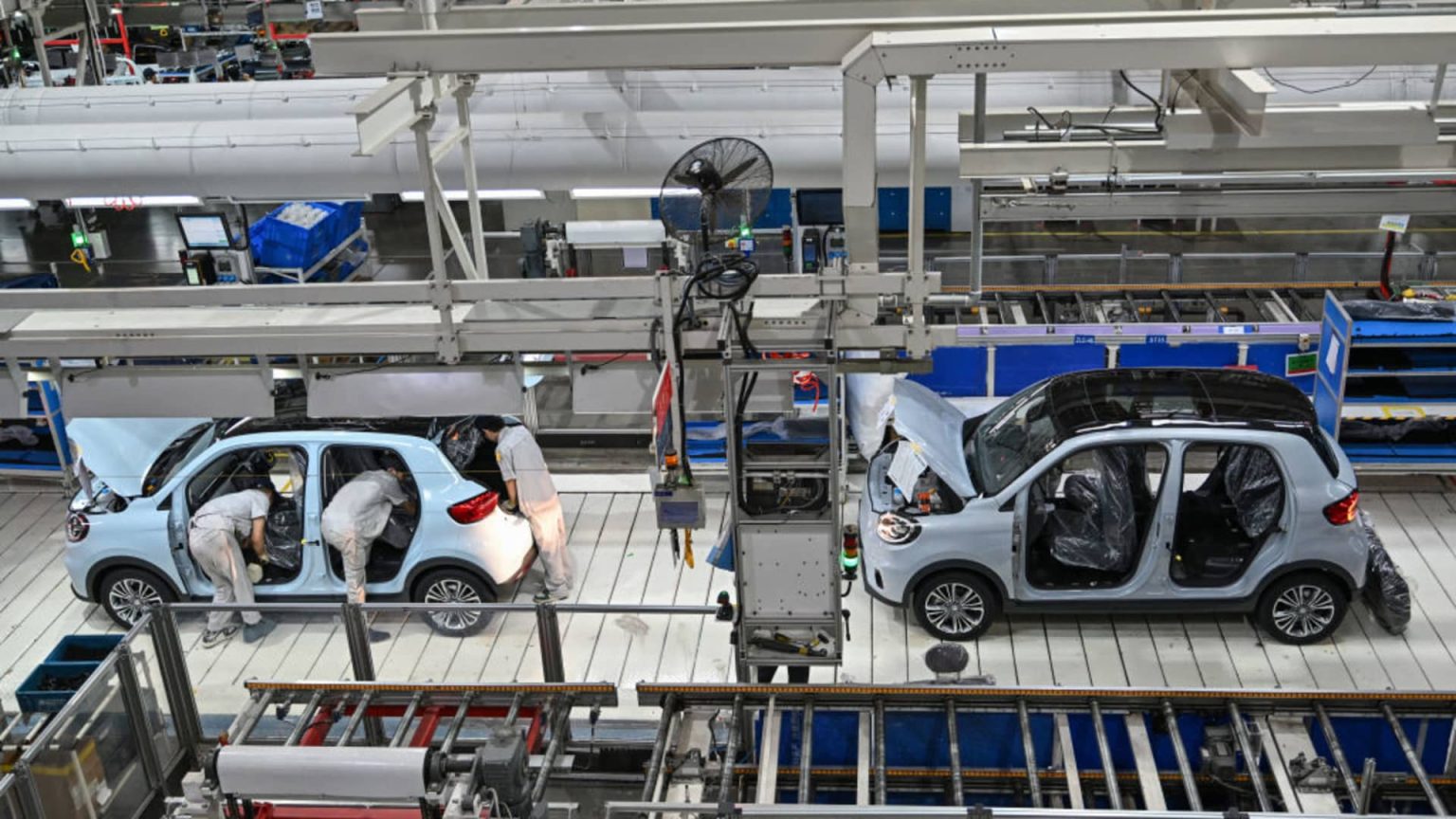The European Union voted to adopt definitive tariffs on China-made battery electric vehicles (BEVs) following concerns of unfair subsidies and threats to the European electric vehicle industry. The EU first announced the intent to impose higher tariffs in June, with provisional duties established in July and revised in September based on feedback. The China Chamber of Commerce to the EU expressed deep disappointment with the outcome and urged caution in implementing these protectionist measures. Despite the adoption of tariffs, the EU is still exploring alternative solutions and negotiations.
German automakers, including Mercedes Benz, BMW, and Volkswagen, criticized the decision, calling it a mistake and warning that it could negatively impact the competitiveness of the European automotive industry. Volvo Cars, owned by China’s Geely Holdings, affirmed its commitment to building cars in Europe and making long-term investments. Stellantis, a French-Italian conglomerate, highlighted the pressure faced by the industry in meeting C02 emissions targets and competing with Chinese companies. Despite concerns from the industry, auto stocks in Europe saw a slight increase following the decision.
The EU’s decision to implement tariffs on Chinese electric vehicles has revealed a division within the EU, with France supporting the measures while Germany has raised concerns about the impact on its own car manufacturers. The potential for retaliation from China, which has initiated investigations into EU exports, remains a key concern for some EU members. German Finance Minister Christian Lindner cautioned against triggering a trade war and urged for a negotiated solution to the issue. The varying opinions among EU members reflect the complexity of balancing economic interests and trade relations.
The adoption of tariffs on Chinese electric vehicles comes after months of debates and deliberations within the EU. France’s support for the measures contrasts with Germany’s reservations, highlighting the differing perspectives on the issue. Concerns about potential retaliation from China and the need for a negotiated solution have been emphasized by EU members. The decision to impose tariffs marks a significant development in the ongoing discussions surrounding trade relations between the EU and China. Moving forward, finding a balance between protecting domestic industries and maintaining global trade relationships will be crucial for the EU.


